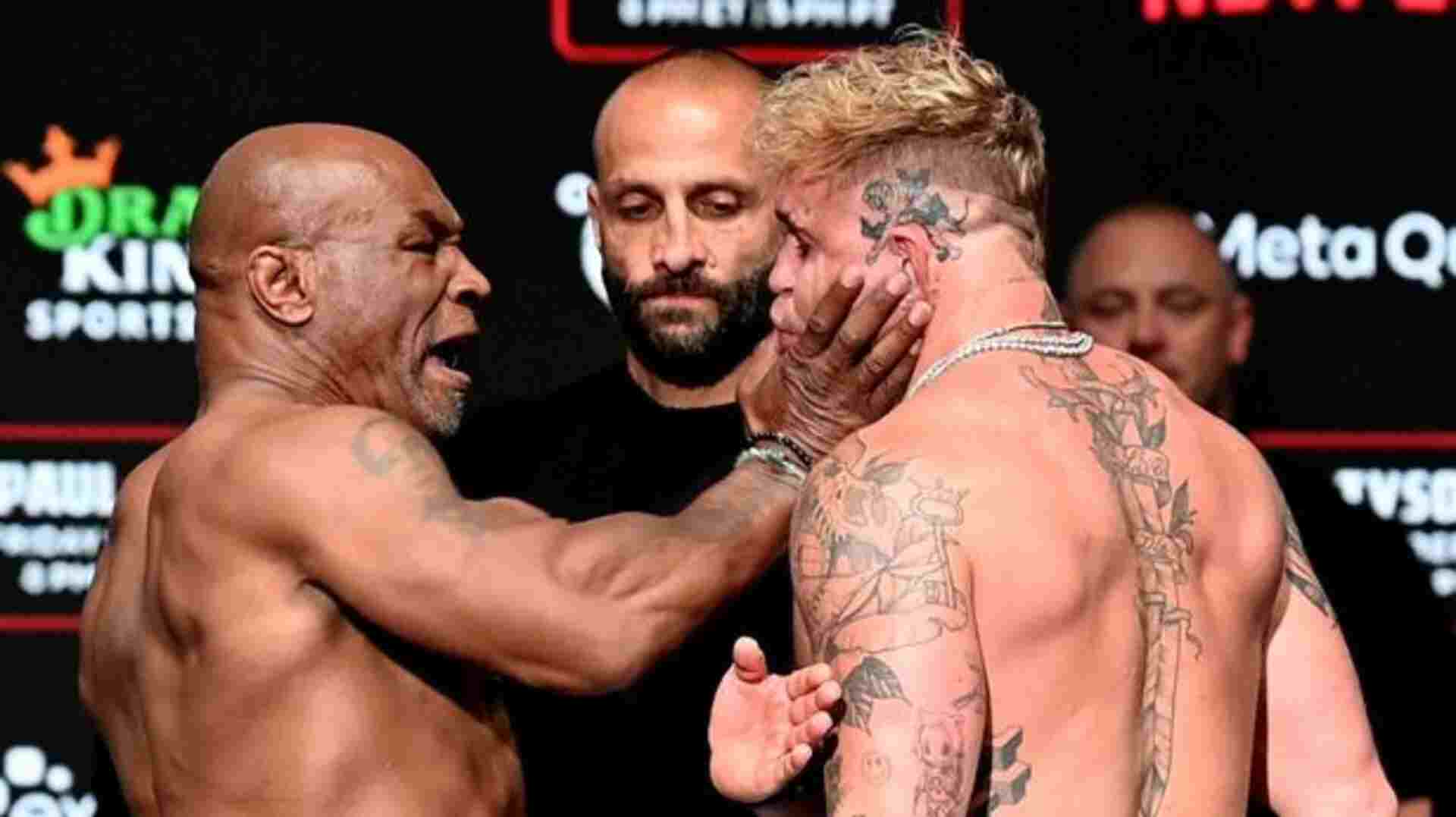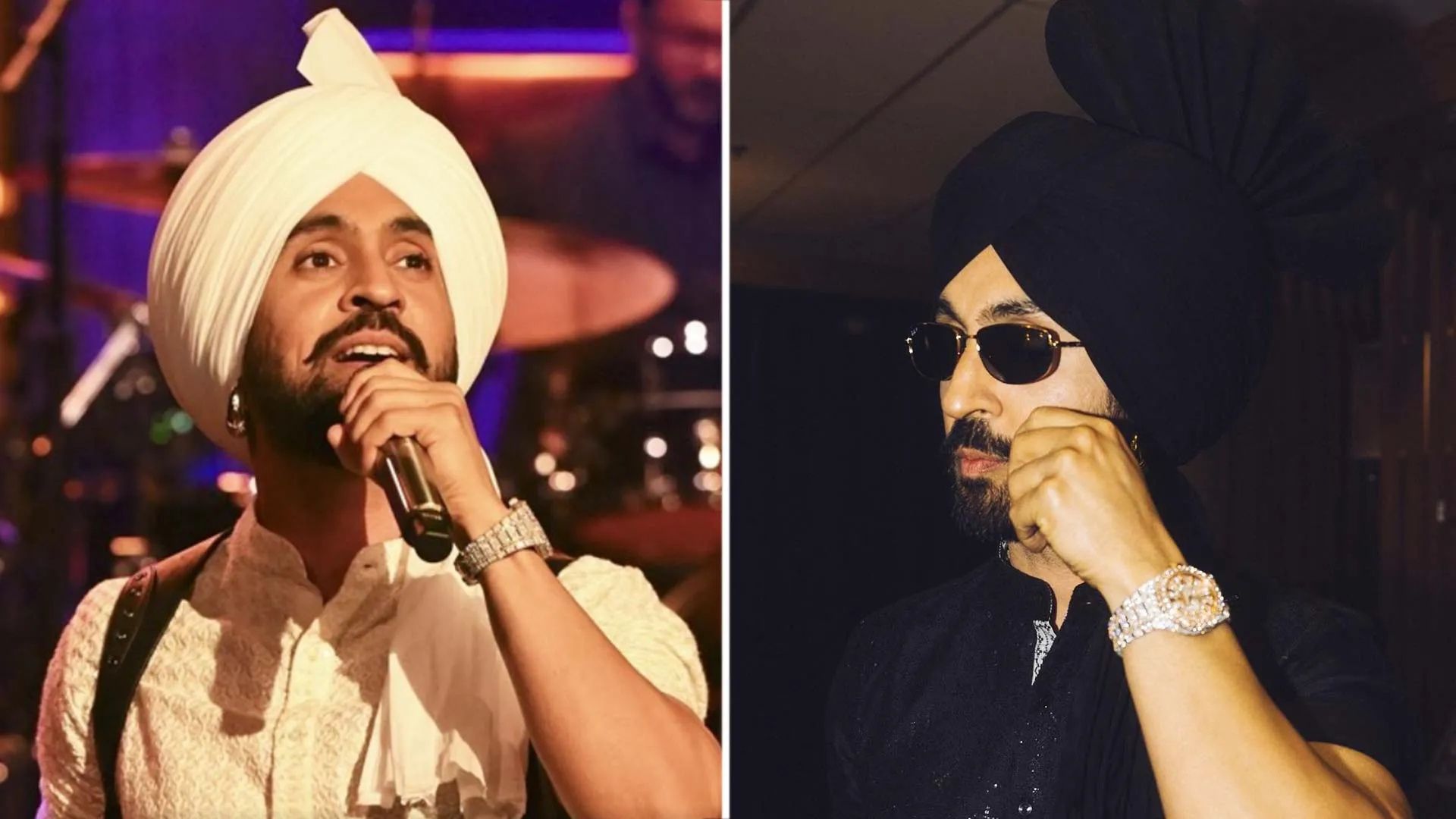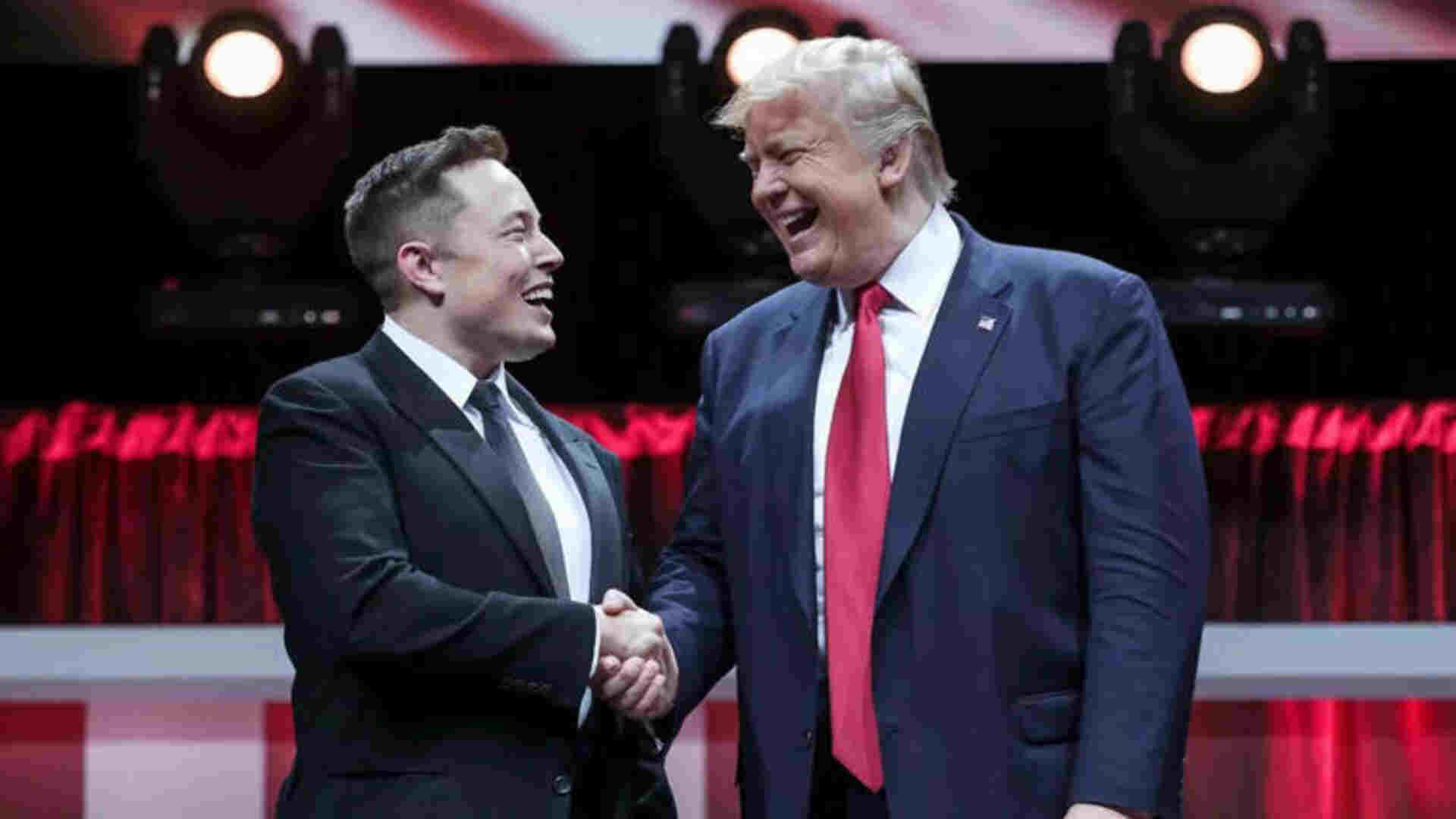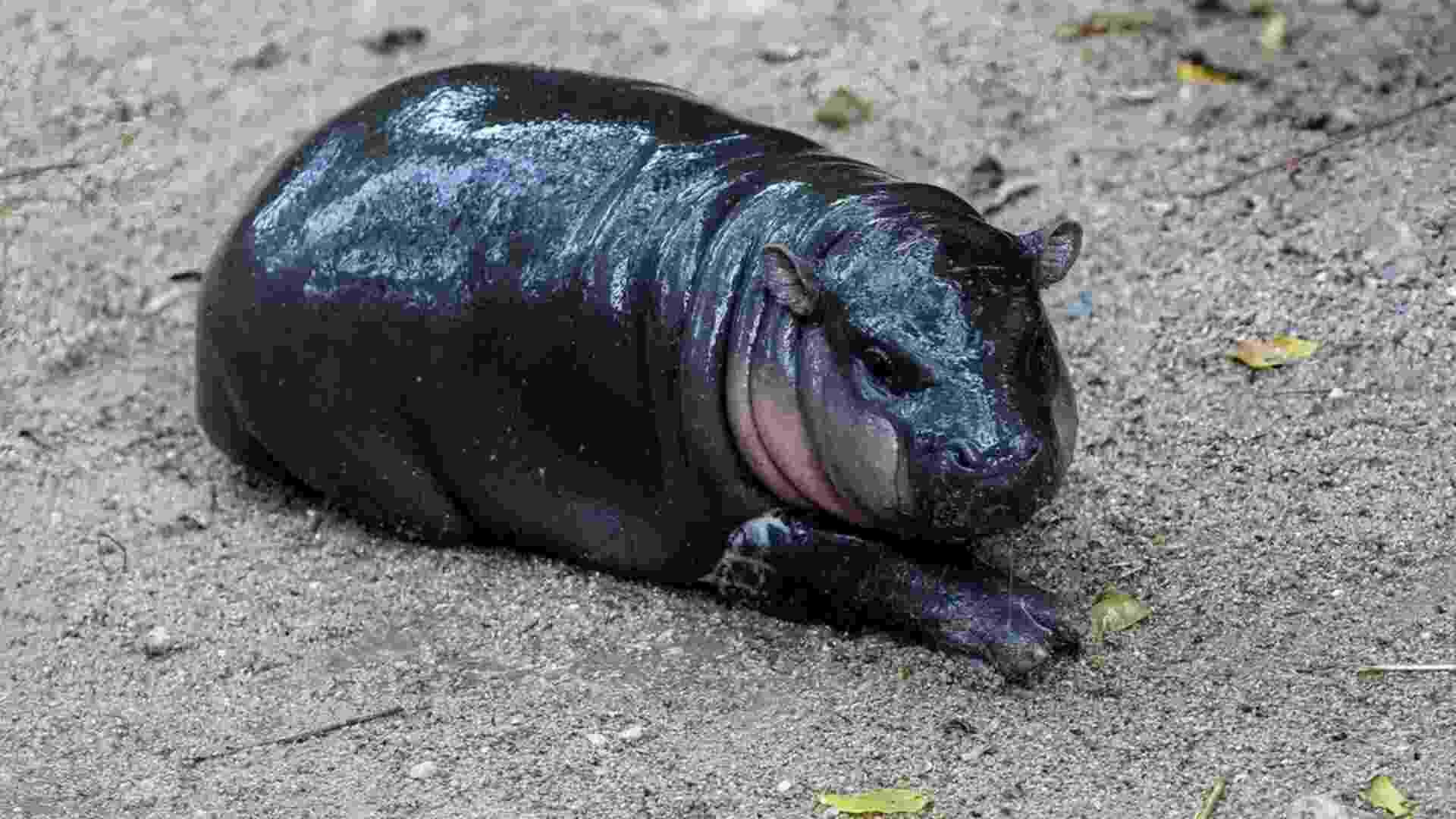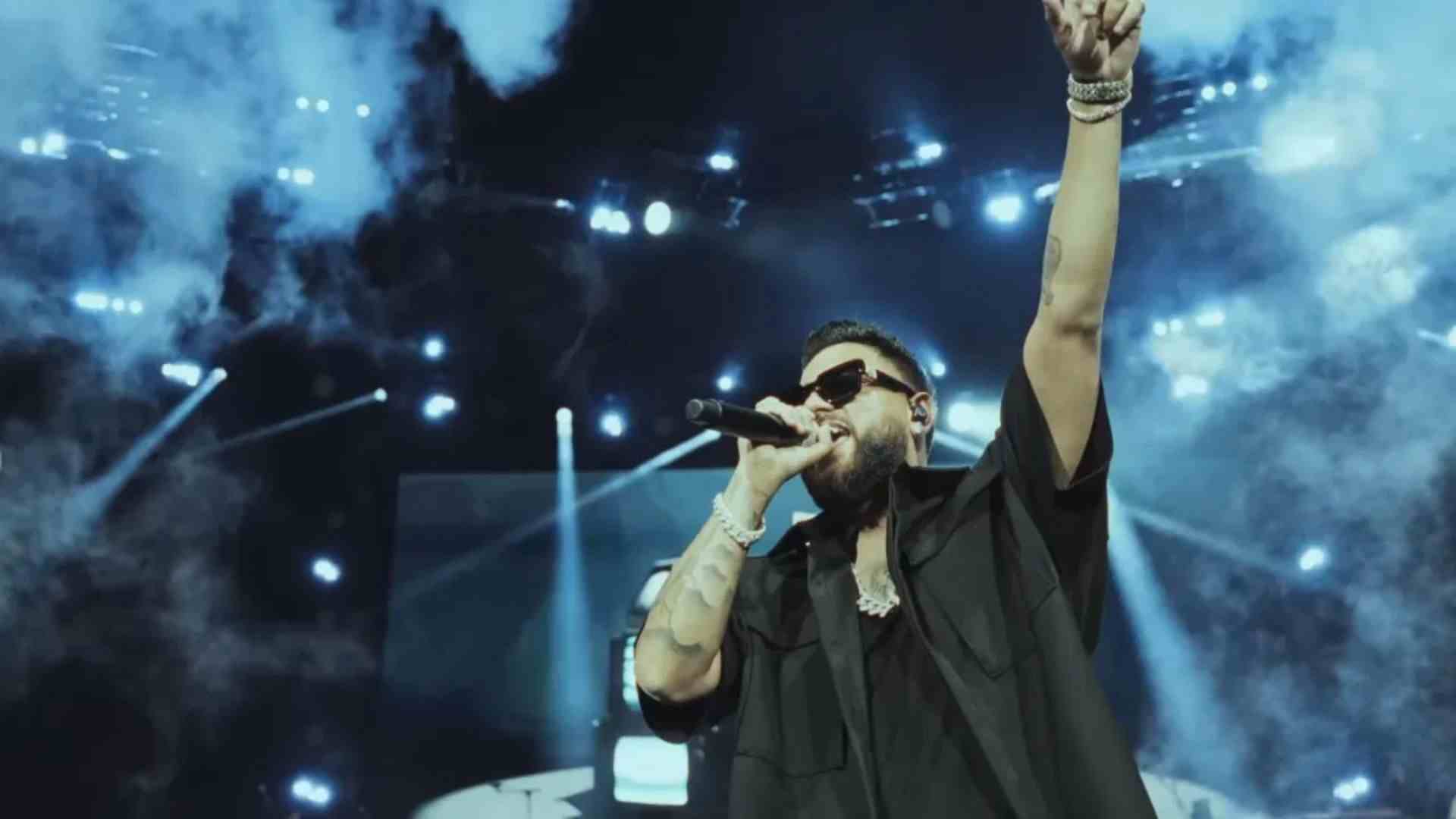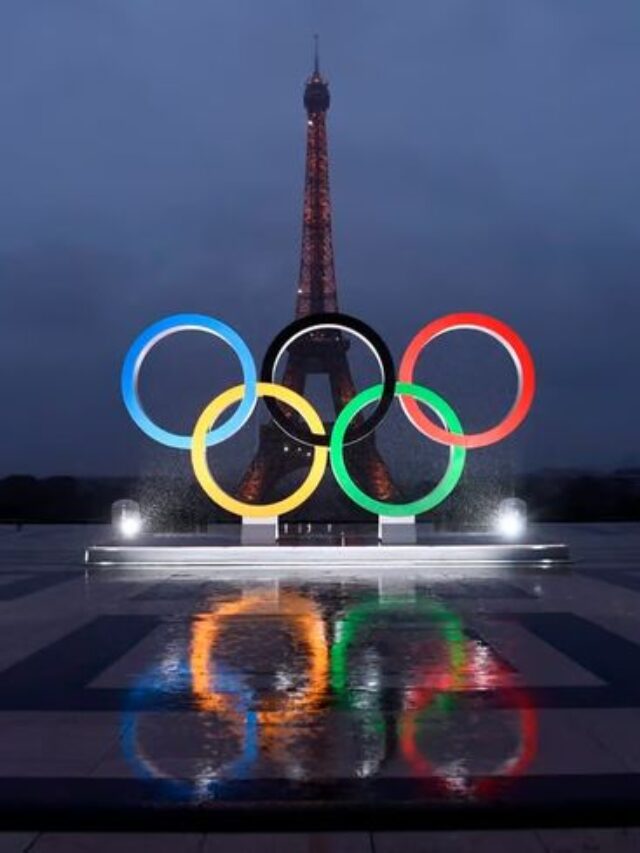
India’s journey in the Olympics spans over a century, marked by triumphs, challenges, and a growing presence on the global sporting stage. From its modest beginnings in 1900 as part of the British Empire team to its first official participation in 1920, India’s sporting narrative took a monumental turn in 1928. That year, the men’s field hockey team clinched the nation’s maiden Olympic gold in Amsterdam, laying the foundation for a legacy of dominance in the sport.
Over the decades, Indian athletes have showcased their prowess across various disciplines. Notable milestones include Norman Pritchard’s silver medals in 1900, Karnam Malleswari becoming India’s first woman Olympic medalist in 2000, and Abhinav Bindra securing the country’s first individual gold in shooting in 2008. The pinnacle of India’s Olympic success remains its hockey team’s eight gold medals between 1928 and 1980, symbolizing an era of unparalleled achievement.
However, India has faced challenges, including infrastructure limitations, funding issues, and administrative hurdles, impacting its overall medal tally. Despite these obstacles, recent years have seen a resurgence, with athletes like PV Sindhu in badminton and Neeraj Chopra in javelin throw making headlines with their medal-winning performances.
Looking forward, India continues to strive for excellence in sports, leveraging initiatives like the Target Olympic Podium Scheme (TOPS) to nurture talent and enhance medal prospects. As the nation prepares for future Olympics, its rich sporting heritage and dedication to athletic success promise an inspiring journey ahead.
India’s Olympic journey is a tale of perseverance, triumphs, and evolving aspirations. Since its debut in 1900, India has evolved from being part of the British Empire team to establishing itself as a formidable contender in international sports. The turning point came in 1928 when the Indian men’s field hockey team won its first Olympic gold medal in Amsterdam, sparking a golden era for the sport in the country.
Throughout the 20th century, India’s dominance in hockey was unparalleled, securing a total of eight gold medals by 1980. This period not only solidified India’s reputation as a powerhouse in field hockey but also inspired generations of athletes across various disciplines.
While hockey remained a stronghold, India expanded its footprint in other sports over the years. Notable achievements include Abhinav Bindra’s historic gold medal in shooting in 2008, marking India’s first individual Olympic gold in over a century. Athletes like Mary Kom in boxing, Sushil Kumar in wrestling, and P.V. Sindhu in badminton have further cemented India’s presence on the global stage with their medal-winning performances.
Challenges such as inadequate infrastructure, funding constraints, and administrative issues have posed hurdles. Nevertheless, initiatives like the Khelo India program and the TOPS have been pivotal in nurturing talent and preparing athletes for international competitions.
As India looks ahead to future Olympics, there is a renewed focus on holistic development, sports science, and grassroots programs. With a burgeoning population of young athletes and growing support for sports, India’s Olympic journey continues to inspire hope and resilience, promising even greater achievements on the global sporting landscape.
The history of India in the Olympics is a testament to its journey in international sports. Here’s an overview:
Debut: India first participated in the Olympic Games in 1900, although it was as part of the British Empire team.
1920 Antwerp Olympics: India sent its first official team to the Olympics, consisting of just seven athletes. Notably, Norman Pritchard won two silver medals in athletics, becoming India’s first Olympic medalist.
1928 Amsterdam Olympics: This was a landmark event for India. The Indian men’s field hockey team won its first Olympic gold medal. This marked the beginning of India’s dominance in field hockey, where they would go on to win a total of 8 gold medals (1928, 1932, 1936, 1948, 1952, 1956, 1964, and 1980).
Post-Independence: After India gained independence in 1947, Indian athletes continued to participate in the Olympics across various sports. However, apart from field hockey, medal success remained elusive for many years.
Recent Years: In more recent times, India has seen a rise in its Olympic performance. Notable achievements include:
2008 Beijing Olympics: Abhinav Bindra won India’s first individual gold medal in shooting.
2012 London Olympics: India won six medals, including two silver medals in shooting (Vijay Kumar and Gagan Narang) and bronze medals in wrestling (Sushil Kumar) and badminton (Saina Nehwal).
2016 Rio Olympics: India won a total of two medals, a silver in badminton (P.V. Sindhu) and a bronze in wrestling (Sakshi Malik).
2020 Tokyo Olympics: India had its best-ever medal haul, winning seven medals. This included one gold (Neeraj Chopra in javelin throw), two silver (Mirabai Chanu in weightlifting and Ravi Kumar Dahiya in wrestling), and four bronze medals (P.V. Sindhu in badminton, Lovlina Borgohain in boxing, and the men’s and women’s hockey teams).
Throughout its Olympic history, India’s journey has been marked by notable achievements in field hockey and a growing presence in various other sports. The country continues to strive for greater success and recognition on the international stage through its athletes’ dedication and hard work.
Field Hockey Dominance: India’s dominance in field hockey during the mid-20th century is remarkable. The Indian men’s team won six consecutive gold medals from 1928 to 1956, making it one of the most successful teams in Olympic history. They added two more gold medals in 1964 and 1980, totaling 8 gold medals overall. The women’s team also participated in several Olympics but did not achieve the same level of success.
Individual Medalists: Apart from field hockey, India has produced individual medalists in various sports:
Athletics: Norman Pritchard won silver medals in 1900, becoming India’s first Olympic medalist.
Shooting: Apart from Abhinav Bindra’s gold in 2008, Rajyavardhan Singh Rathore won silver in 2004, and Vijay Kumar and Gagan Narang won silver in 2012.
Wrestling: Sushil Kumar won bronze in 2008 and 2012, and Sakshi Malik won bronze in 2016.
Badminton: P.V. Sindhu won silver in 2016 and bronze in 2020.
Boxing: Vijender Singh won bronze in 2008, and Mary Kom won bronze in 2012.
Challenges and Progress: India has faced challenges in infrastructure, funding, and sports administration that have sometimes impacted its Olympic performance. However, efforts are ongoing to improve these aspects, including initiatives to support athletes with better training facilities, coaching, and exposure to international competitions.
2024 Paris Olympics and Beyond: Looking forward, India continues to strive for more success in upcoming Olympic Games. The focus remains on broadening the scope of sports where India can compete and excel, nurturing young talent, and addressing the systemic issues that affect the development of sports in the country.
Overall, India’s journey in the Olympics reflects its rich sporting history, moments of triumph, challenges faced, and the continuous efforts to achieve greater success on the global stage of sports.
